When buying a home, the down payment and the monthly mortgage are only the beginning of your expenses. A number of other bills and payments come with homeownership, and factoring these costs into your budget is vital. If you’re in the market for your first home, you should be aware of the one-time hidden costs and the recurring expenses you’ll face as a homeowner.
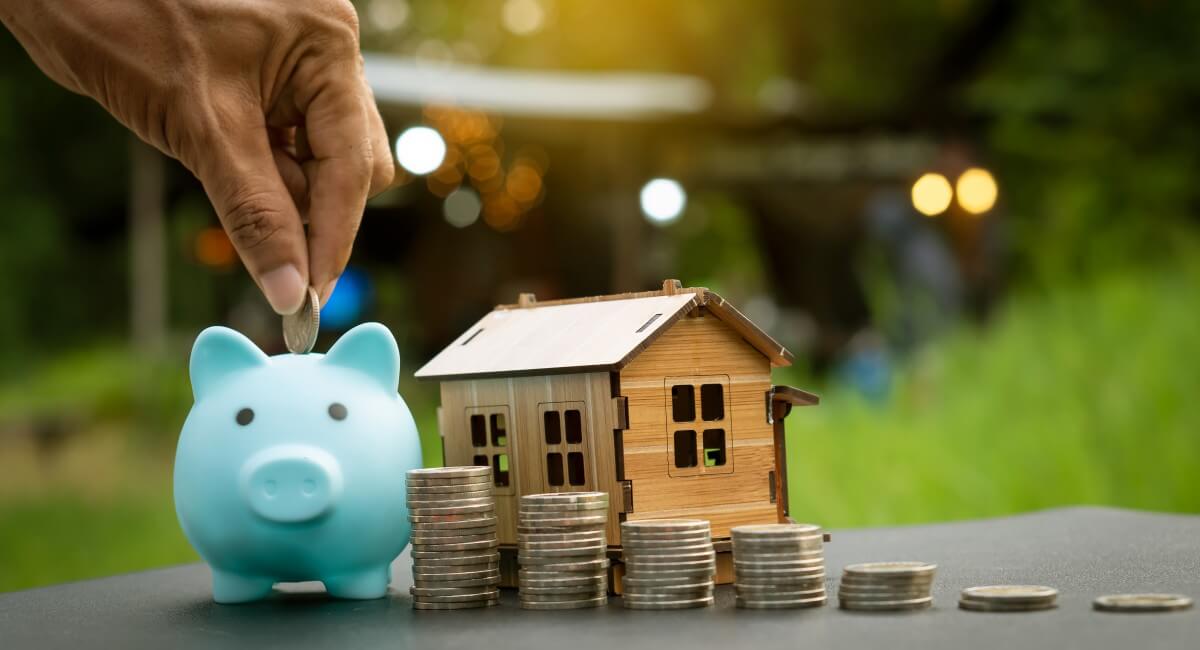
One-Time Costs When Buying
Your down payment will probably be your largest bill when purchasing a house, but it won’t be your only expense. In addition to your down payment, you should be ready for these extra costs.
Closing Costs
Closing costs are a well-known expense for those purchasing a home, but they often amount to more than expected. In total, closing costs can be up to 3% to 5% of the loan’s value. This is in addition to your down payment, which could range from 3% to 20% or more of the house’s price.
The following are some of the fees included in closing costs:
- Application fee
- Title search fee
- Title insurance for lender and buyer
- Attorney’s fee
- Origination fee
- Transfer taxes
- Underwriting fee
- Escrow deposit
- Due diligence fee
Closing costs can be negotiable. Some lenders will cover part or all of your closing costs as an incentive to choose them for your home loan. You could also ask the seller to cover some of your closing costs with the proceeds of the sale. However, in hot real estate markets, buyers don’t have much negotiating power and often end up paying the entire sum themselves.

Inspection
Although an inspection isn’t always required when purchasing a house, it’s an incredibly valuable step and is worth the money. Home inspections are usually paid for by the buyer before closing, and they can range in cost from $300 to over $1,000. The cost varies depending on the size and type of house you’re purchasing, your location, and what’s included in the inspection.
Appraisal
Mortgage lenders almost always require an appraisal before you can close on your home. An appraisal is an unbiased opinion on a home’s market value provided by a third party. This confirms to your lender that the property is worth what you’re paying, which protects them in case you default on your loan.
The average appraisal fee is around $500, but prices can vary based on your location and the size and condition of the home. Some lenders include the appraisal fee in their closing costs, and others require borrowers to pay for it up-front before closing on the property.

Moving Costs
Unfortunately, your expenses don’t stop once you close on the property. Moving into your new home could come with steep one-time costs. Professional movers usually cost between $1,000 and $2,000 for a local move, and long-distance moves could cost $5,000 or more. Even if you don’t hire movers, you’ll have to rent a moving van and purchase equipment.
Ongoing Expenses
Your largest one-time expenses will hopefully be over and done with once you move into your new home, but you’ll now be faced with several recurring expenses that can eat away at your budget. Here are the most common ongoing expenses you should be prepared for as a homeowner:
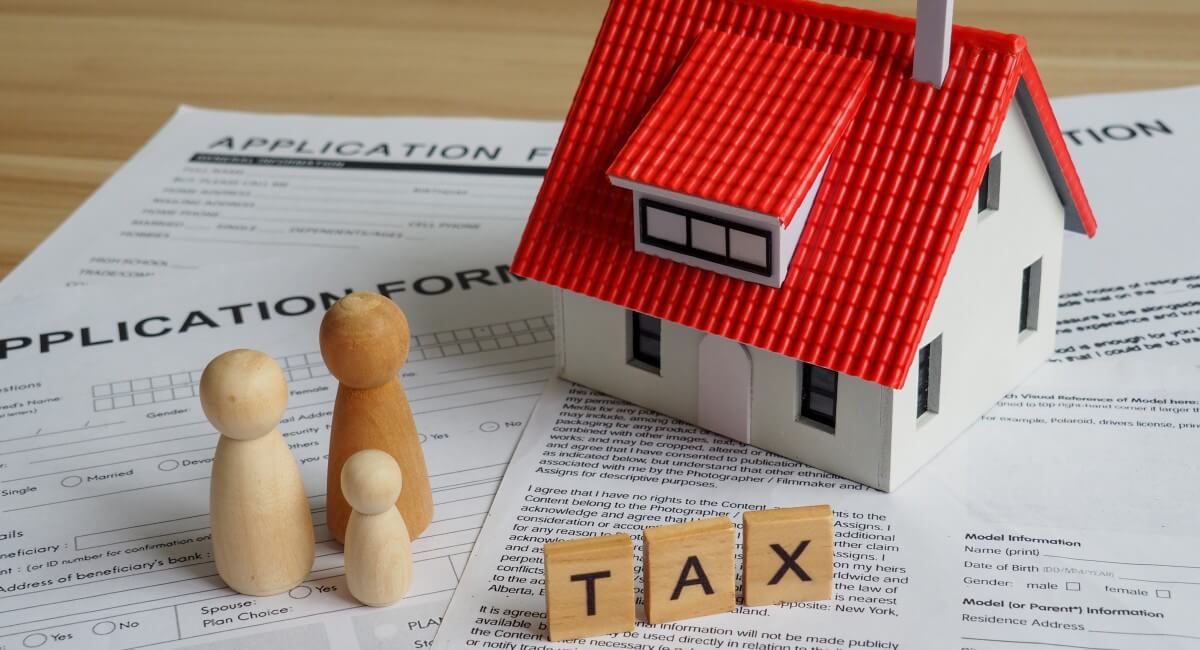
Property Taxes
In many cases, property taxes are included in the monthly mortgage payment and deposited in an escrow account. When the taxes are due, they’re paid by the lender on the borrower’s behalf.
It should be no surprise to home buyers that they’ll have to pay taxes on their property. What some home buyers don’t realize, though, is that property taxes can increase significantly over time. Even if you have a fixed-rate mortgage, your monthly payment could go up if your taxes increase. Also, you’ll continue to owe taxes even after you’ve paid off your home loan.
Homeowners Insurance
Similar to property taxes, homeowners insurance will probably be included in your monthly mortgage payment. Homeowners insurance is calculated based on the size and condition of your home, the value of your belongings, and risk factors that increase the likelihood of you making a claim.
Because there are so many variables involved in calculating your insurance rate, costs vary widely. Some homeowners pay less than $1,000 per year for insurance, and others pay $3,000 or more.
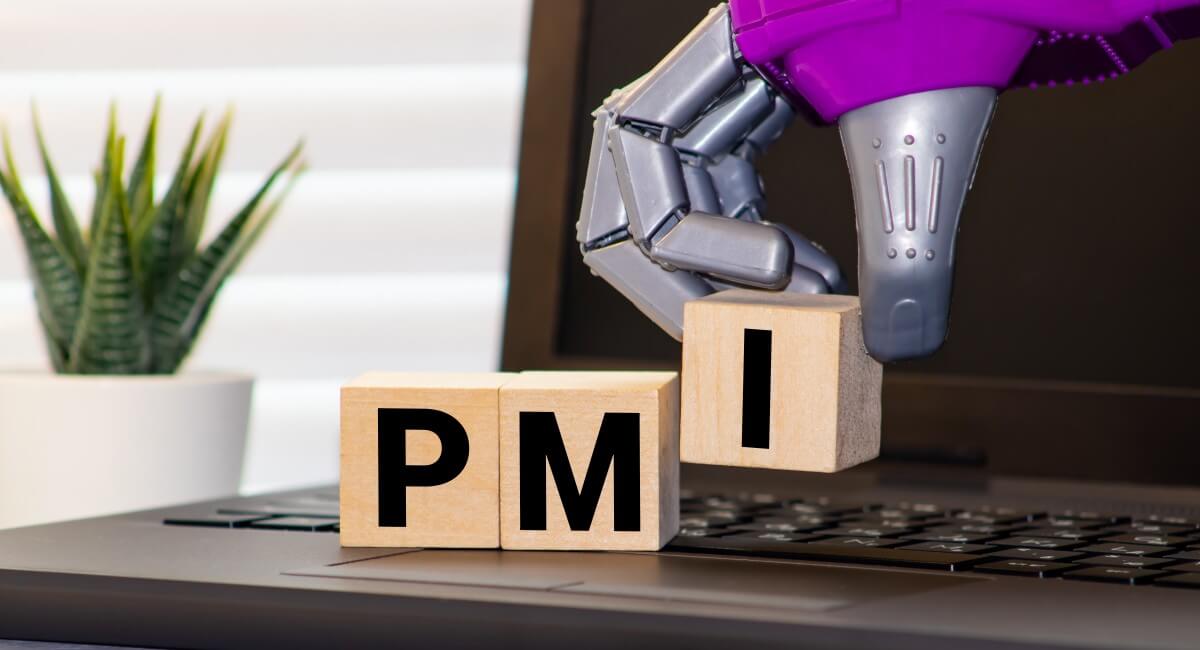
Private Mortgage Insurance (PMI)
PMI is required by your mortgage lender if your down payment is less than 20% of the home’s purchase price. If you have a conventional mortgage, you can request for the PMI payment to be removed once you reach 20% equity in your home. If you have an FHA loan, you may have to pay mortgage insurance for the lifetime of the loan.
PMI typically ranges from 0.5% to 1.5% of the loan amount per year. For example, if you have a $300,000 mortgage, your PMI payment could be $1,500 to $4,500 per year. This fee will be included in your monthly mortgage payment.
Utilities
Utility costs can be surprising for new homeowners. Although many renters pay for some utilities, houses generally have higher utility costs than apartments. Almost all homeowners pay for heat, electricity, and water, and many also pay for sewer, internet, trash, recycling, and phone service. These bills can add up to $400 or more per month.
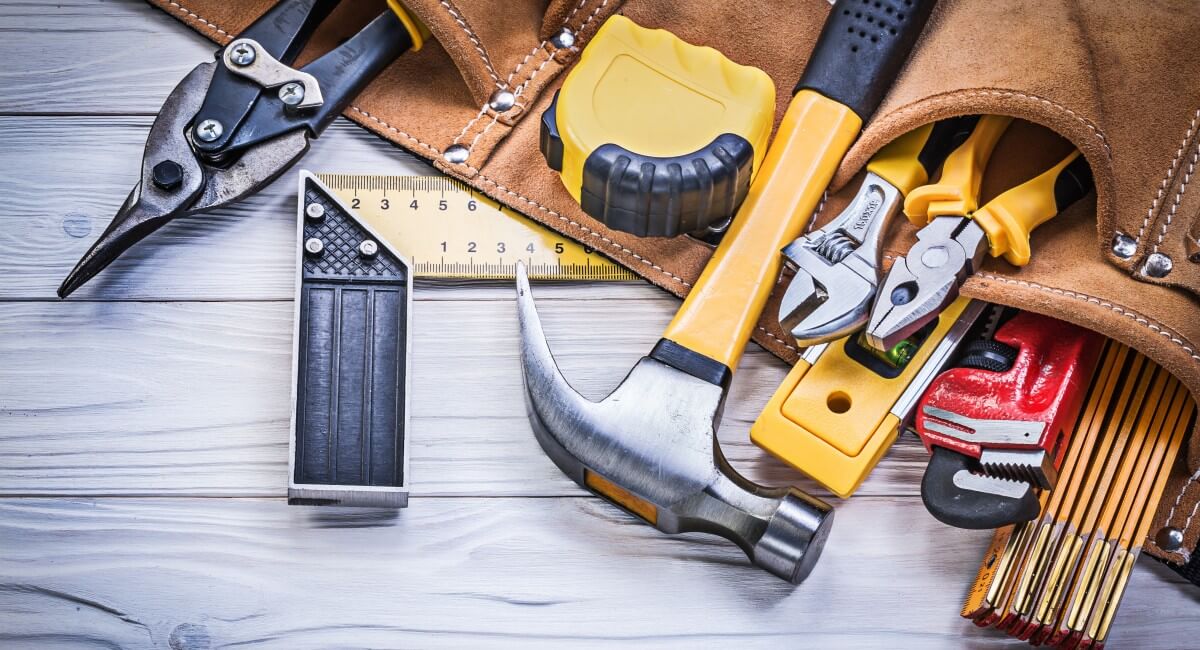
Routine Maintenance
Routine maintenance is one of the sneakiest hidden costs for homeowners. As a renter, you may never have to worry about these expenses. However, homeowners must regularly pay for these services, or they risk incurring more costly repairs down the road.
Here are some of the most important routine maintenance tasks that homeowners need to plan for:
- Yearly servicing of HVAC system
- Lawn care
- Gutter cleaning
- Chimney cleaning
- Snow removal
- Pest control
- Security system
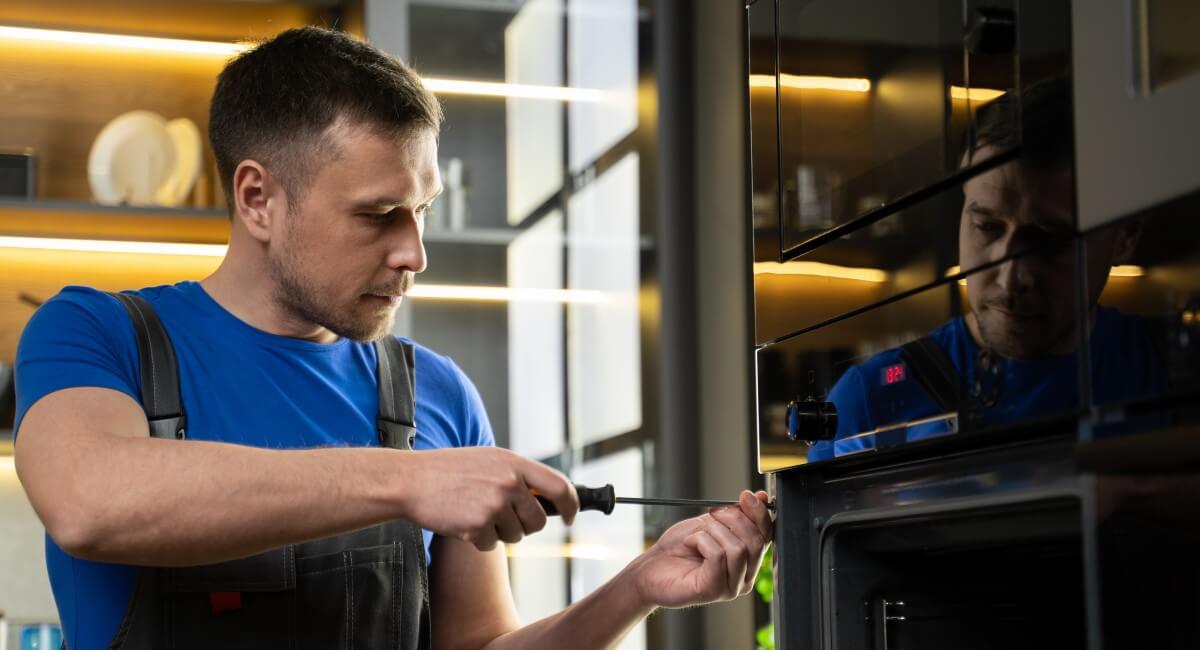
Repairs
No matter how careful you are with your preventative maintenance, something is bound to break eventually. Unexpected repairs are simply a part of homeownership. These could include roof leaks, plumbing leaks, appliance repairs or replacements, electrical hazards, and more.
Depending on the scope of the issue, you could face surprise repairs totaling thousands of dollars or more. This is why it’s so important for homeowners to have a large emergency fund.
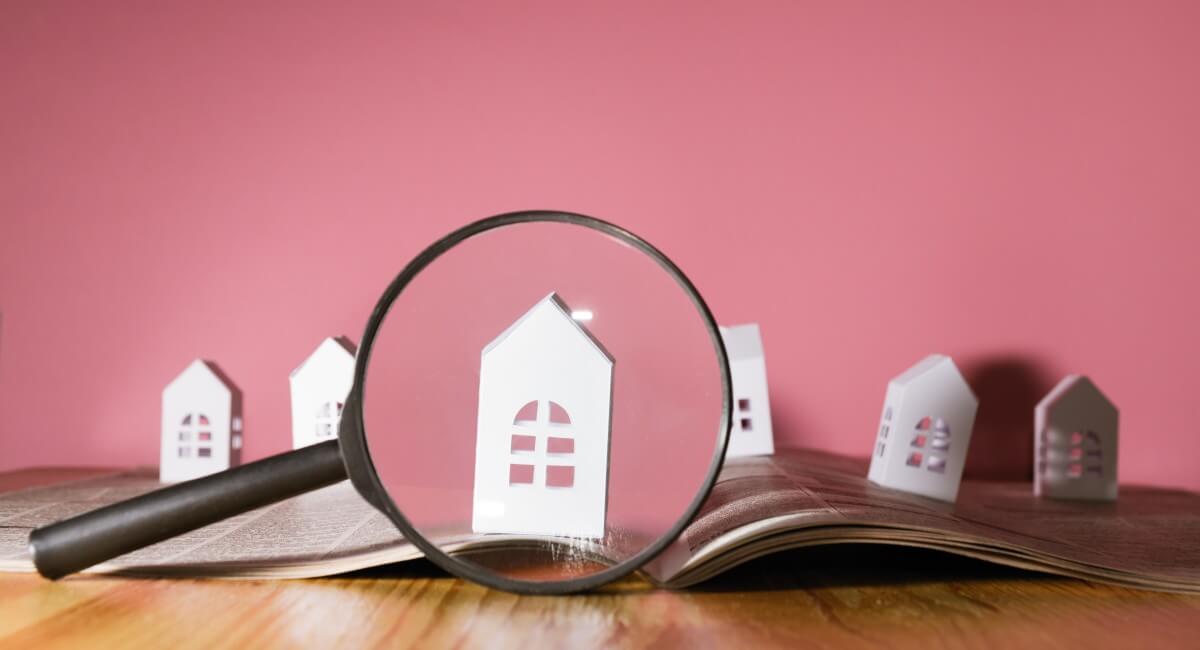
Be Prepared for the True Costs of Homeownership
Buying your first home is an exciting milestone, but it shouldn’t come at the cost of your financial well-being. Understanding and expecting the extra costs of homeownership is the best thing you can do to avoid disaster. Not only should you be prepared for your down payment and mortgage costs, but you should also budget for insurance, utilities, maintenance, and hidden fees.



